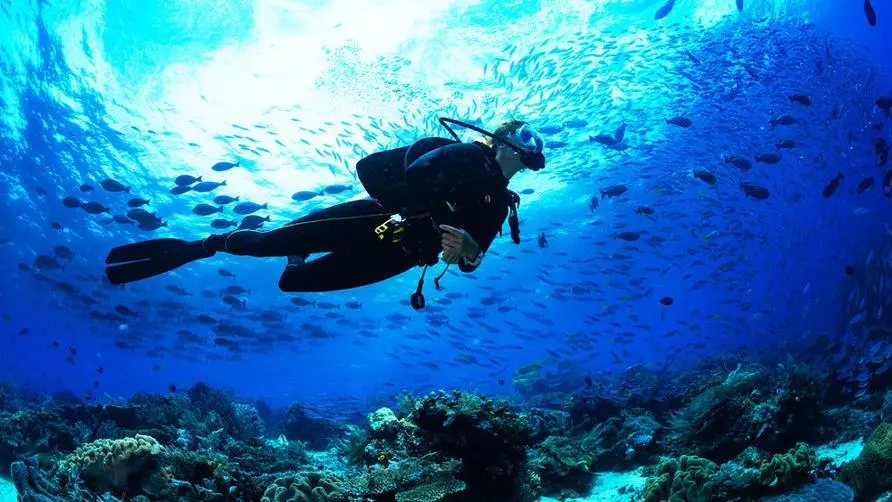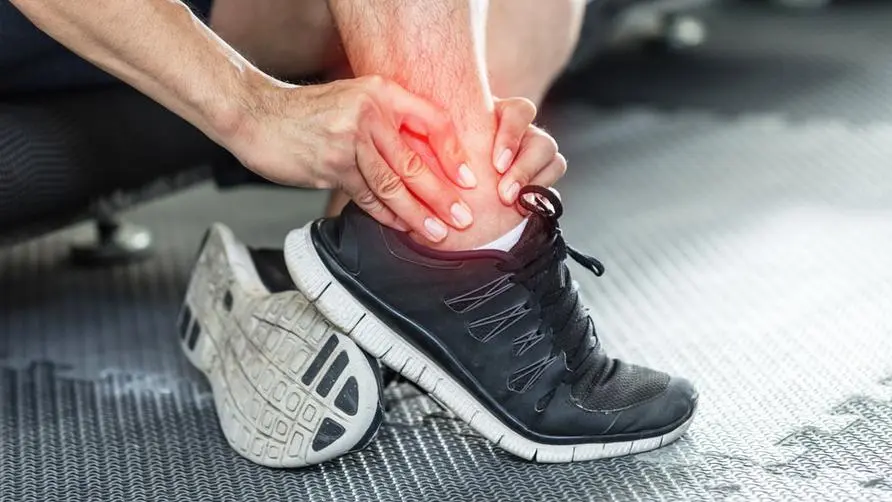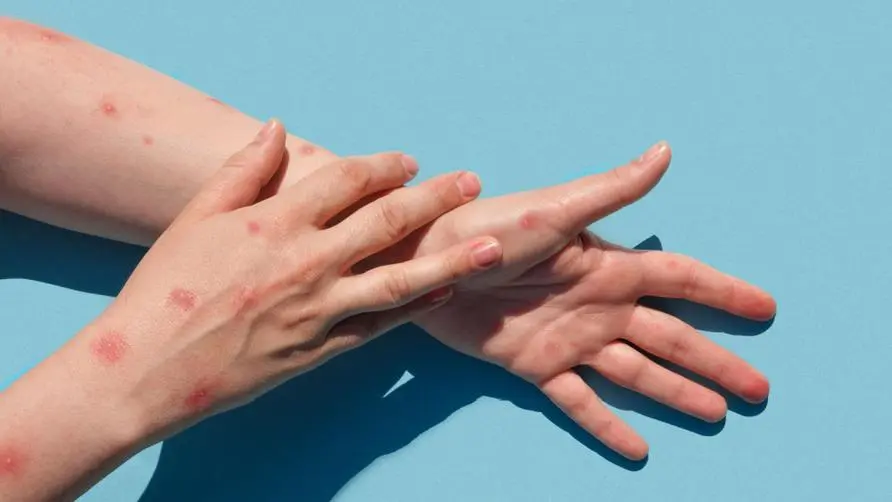Do you feel more tired after diving in summer? Medical warning: Red rash and joint pain may be signs of "diver's disease"

Summer is approaching. In addition to swimming to cool off, the “diving” activity that has become popular in recent years has also become the first choice for many young people. However, Dr. Li Xiangan, director of the Hyperbaric Oxygen Therapy Center of Renai Chang Gung Memorial Union Hospital, reminded that if you feel unusual discomfort after landing, or even develop skin rash, itching and other symptoms, be careful that it may be a sign of “diver’s disease”!
After taking a rest after diving, he felt even more tired than he had ever been before. A checkup revealed that he was suffering from “diver’s disease”
Dr. Li Xiangan took a 40-year-old man in the clinic as an example: The patient and a group of diving-loving friends recently participated in a Green Island diving activity. Due to the rush of the trip, he emerged from the water too fast and developed a headache soon after landing. , fatigue, joint pain, skin rashes and itching, etc., but they mistakenly thought that they were physical discomfort caused by being too tired to travel, so they did not take it to heart.
However, as the symptoms did not subside with rest, the male patient had to go to the hospital for treatment. After evaluation by a doctor, he was diagnosed with “diver’s disease” and “hyperbaric oxygen treatment” must be arranged immediately. After the diagnosis and treatment by Dr. Li Xiangan, the patient’s symptoms improved significantly and he returned to normal life immediately.
The most serious one may lead to death from shock? Doctors reveal the symptoms and treatment principles of diver’s disease
“Diver’s disease”, also known as “decompression sickness”, is caused by the gas in the cylinder used for breathing dissolving in the plasma as the pressure rises during deep diving. If a diver ascends too quickly and does not have enough time to decompress, a large amount of nitrogen bubbles will be released after the gas solubility decreases. If these bubbles cannot be expelled from the lungs through breathing, they will block the capillaries throughout the body.
Dr. Li Xiangan said that if the above situation occurs, it may cause symptoms such as soreness in the muscles and joints of the limbs, itchy skin and rash, fatigue, headache and dizziness. In severe cases, it may also lead to paralysis of the limbs, numbness and weakness, blurred vision, difficulty breathing, and chest tightness. , chest pain, shock and even death. If certain mild decompression syndrome is not treated in time, it is likely to evolve into “chronic decompression syndrome”, including problems such as femoral head necrosis, central nervous system degeneration, and memory loss. Diving enthusiasts are urged not to be cautious about the harm caused by “diver’s disease”.
Can hyperbaric oxygen also treat hearing loss and chronic fatigue? You must not enter the hyperbaric oxygen chamber if you have “1 disease”
“Hyperbaric oxygen” technology is used to treat diver’s disease. The principle is to allow patients to enter a hyperbaric oxygen chamber and breathe pure oxygen; the pressure in the chamber will be pressurized to 2.5-3 atmospheres. By increasing the pressure, the bubbles blocked in the blood vessels will be dissolved back into the plasma. Here, the bubbles are gradually exhaled from the lungs through a slow decompression process. Since a large amount of oxygen is dissolved in the plasma during the treatment, it helps the injured tissue to receive sufficient oxygen for repair.
Dr. Li Xiangan pointed out that hyperbaric oxygen therapy was initially used by the U.S. Navy to treat common decompression sickness among divers, and was later applied to carbon monoxide poisoning, chronic osteomyelitis, compartment syndrome, wounds that are difficult to heal, sudden hearing loss and chronic Fatigue etc.
Although hyperbaric oxygen therapy seems to have many benefits, it may still have potential side effects and risks. For example, “barotrauma” is common in the middle ear and eardrum. This can be avoided by nurses teaching you to balance the pressure in the ears. Secondly, there is an untreated “pneumothorax”, which is an absolute contraindication for hyperbaric oxygen therapy. Therefore, patients receiving hyperbaric oxygen therapy should undergo detailed evaluation by a hyperbaric oxygen specialist to ensure safety.
Avoid flying within 24 hours after diving! The veteran may lose his life because of “this mistake”
In recent years, diving activities have become more and more popular, and more and more people are engaged in recreational diving and obtaining certificates. If a novice wants to learn diving, he must seek guidance and teaching from a professional instructor to learn various knowledge about diving safety and avoid decompression syndrome. Veteran divers with professional certifications should not take it lightly. They must abide by the decompression table when ascending and decompressing. Any mistake may cause serious consequences or even loss of life.
Finally, Dr. Li Xiang’an reminded diving enthusiasts to avoid taking a plane within 24 hours after diving, because taking off in an airplane is regarded as continuous decompression, which may cause decompression syndrome due to air bubbles that have not been completely discharged. If you have symptoms similar to the above after diving, you can go to the nearest hyperbaric oxygen therapy center for help as soon as possible to avoid sequelae.
Extended reading:





